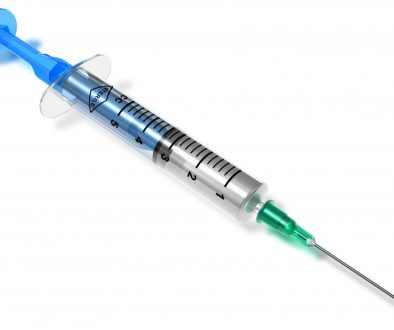School Searches: Reasonableness vs. Probable Cause

Our law firms often defends students in Pennsylvania and New Jersey who are various stages in their academic journey from as low as the grammar school level to as high medical and other professional degree programs. We have represented students against various allegations for illegal possession of drugs and narcotics along with the illegal possession of guns and firearms. Our goal is always to limit and if possible eliminate the negative effect that these allegations and criminal charges can have on a student’s long term academic and professional opportunities. Many of these criminal matters develop from the search and seizure of contraband from a student while on school grounds and so its important to understand the Constitution as it relates to school searches and students. In addition to this article I encourage you to read my blog, my free books and videos which also discuss various aspects of illegal search and seizure in Pennsylvania and New Jersey.
School Searches and The Constitution
The Fourth Amendment to the United States Constitution protects all citizens from illegal searches and seizures. This amendment also requires law enforcement have a warrant in order to search a person’s property with exception to situations involving exigent circumstances (hot pursuit). School environments, however, are different because unlike the general public students fall into a unique category. Students go to school for education and in order to receive that education school administrators and teachers must be able to maintain order and discipline within the school population. It is for this reason that the law relaxes constitutional protections for students while they are present at school or attending a school sponsored event. One of the most popular cases pertaining to this issue is a 1985 US Supreme Court decision, New Jersey v. TLO in which the Court specifically held that while the Fourth Amendment still applies to students, they don’t enjoy the same constitutional protections as the general public because of the substantial need for teachers and administrators to maintain order in schools.
The Two Part Test For School Searches
The Supreme Court in TLO stated that school officials only needed to satisfy a reasonable suspicion standard to justify a search. The court went on to state that a search’s reasonableness is based on a two part test: one, was the search justified at its inception and two, was the search reasonably related in scope to the circumstances which justified the interference in the first place.
Government Actors & School Searches
While school administrators and school security only have to meet a reasonableness standard the situation changes when school administrator’s or officials involve government officials in the search. For example, if school officials call police and police conduct the search, there is an absolute probable cause requirement with exceptions to exigent circumstances or searches incident to arrest. Court will evaluate the level of the government’s involvement in the search determining if the reasonableness or the probable cause standard applies to the search.
Probable Cause vs. Reasonable Suspicion – School Searches
There is a substantial difference between reasonable suspicion and probable cause. Reasonable suspicion is a lower form of probable cause and it is the evidentiary standard which police must meet to justify a stop and a “pat down” search (aka a Terry Stop”) of a suspect. Probable cause is the standard police must meet to justify an arrest. There are many situations where circumstances meet the reasonable test but not the probable cause test. The bottom line is that students do not surrender their Constitutional Rights when they enter the school building, the campus, or attend a school function. If your son or daughter is searched at school and later arrested it is important to understand the ways in which the Constitution still protects them.



